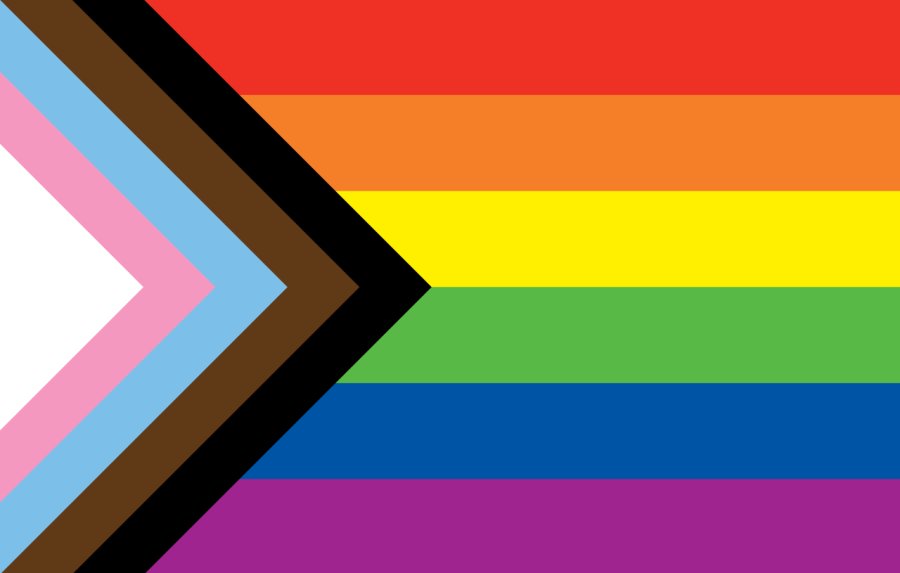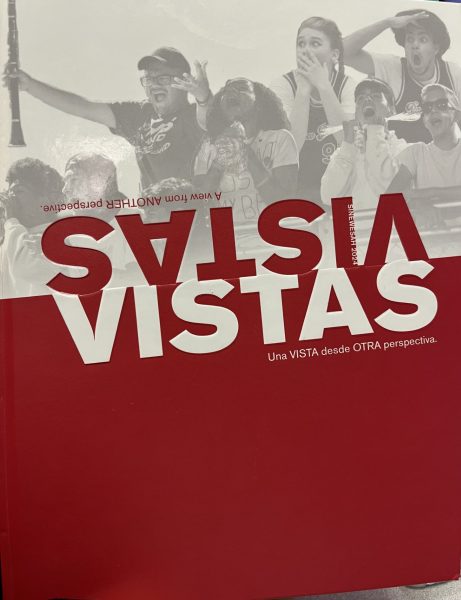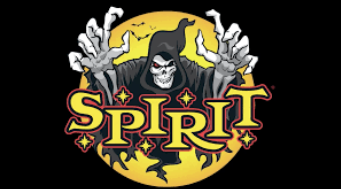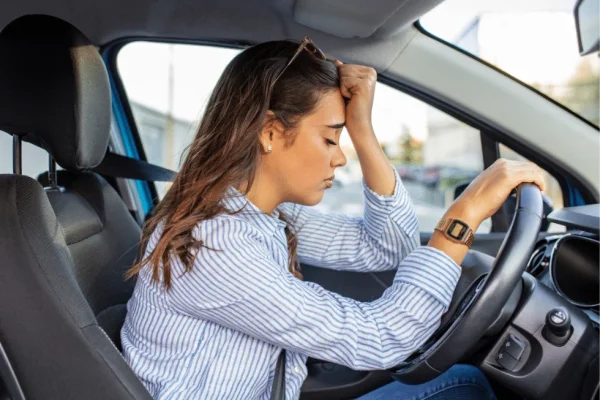LGBTQ+ Community
The LGBTQ+ community, also known as the lesbian, gay, bisexual, transgender, queer/questioning, and other non-heterosexual and/or non-cisgender identities, is a diverse and vibrant group of individuals who share a common experience of being marginalized and discriminated against due to their sexual orientation, gender identity, or both.
For many years, members of the LGBTQ+ community have faced challenges and discrimination in various areas of life, including education, employment, housing, healthcare, and legal protection. Despite these challenges, the community has continued to grow and thrive.
One of the key factor is contributing to the growth and acceptance of the LGBTQ+ community is increasing visibility and representation of LGBTQ+ individuals in mainstream media and popular culture. This has helped to raise awareness about the challenges faced by members of the community and has led to more widespread acceptance of LGBTQ+ individuals.
Another key factor is the dedicated work of LGBTQ+ rights organizations and advocacy groups, which have fought tirelessly for equal rights and protections for members of the community. These organizations have worked to change laws and policies to ensure that LGBTQ+ individuals have the same rights and protections as everyone else.
In recent years, there has been a growing movement to recognize and celebrate the intersectionality of the LGBTQ+ community. This means recognizing the ways in which individuals may experience discrimination and marginalization due to multiple aspects of their identity, such as being both LGBTQ+ and a person of color or being both LGBTQ+ and disabled.
I talked to someone who would like to remain anonymous and they said that “when they were around 10 years old or so, they realized that they were part of the LGBTQ+ community. That is a youthful age, but it is always good to know when you are part of the LGBTQ+ community at any age. Before they told anyone they were part of the LGBTQ+ community, they waited a while and they accepted that they were part of it. When they did tell people that they were gay, most people had accepted them, they supported them.”
I also interviewed a friend of this person. She said that “no one has ever came out to her and that she knew that they were gay but did not act different around them.” She also said that if “someone were talking bad about them that she would tell them and if they kept talking about them, she would say something to them to get them to stop.”
It is important to recognize that everyone should be treated with respect and dignity, regardless of their sexual orientation or gender identity. Talking about someone’s LGBTQ+ identity as if it were something unusual or abnormal can be hurtful and contribute to a culture of discrimination. It is important to remember that members of the LGBTQ+ community are individuals with their own unique experiences and stories, and they should not be defined solely by their sexual orientation or gender identity.
The LGBTQ+ community is a diverse and vibrant group of individuals who share a common experience of being discriminated against due to their sexual orientation, gender identity, or both. While progress has been made in the fight for equal rights and protection, the community still faces many challenges. It is important to recognize and celebrate the diversity and resilience of the community and to continue to work towards creating a more accepting and inclusive world for all.
Your donation will support the student journalists of Pasco High School and keep the Wasco up and running. Your contribution will allow us to cover our annual website hosting costs.






